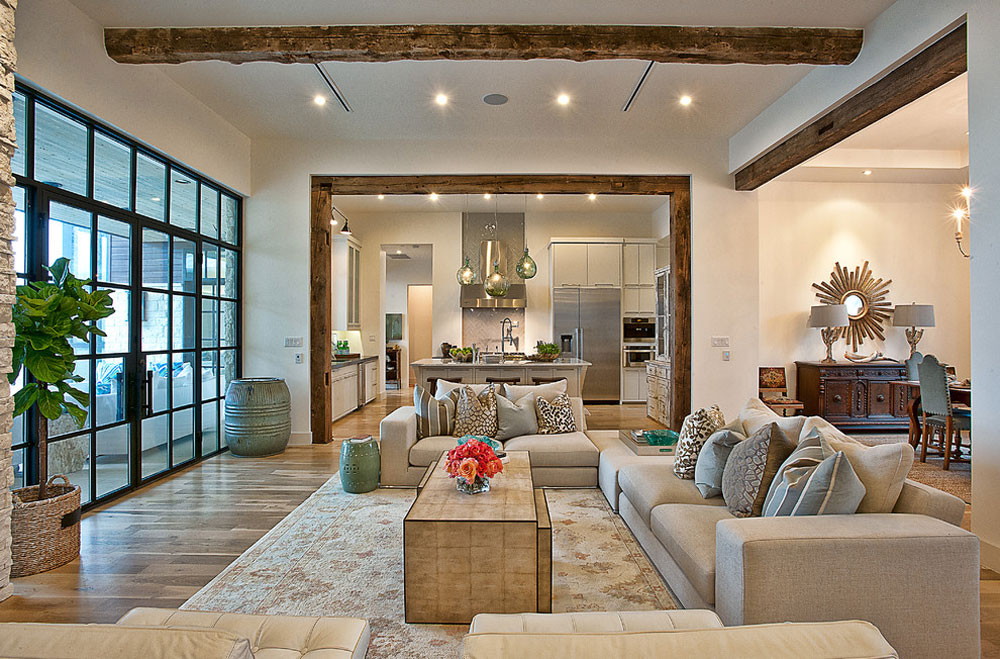When it comes to purchasing a property, it might be difficult to know how much money you’ll need and where to get that information. You should understand, however, that you are not required to have all of the answers on your own. There are several reputable professionals who can assist you in understanding your finances and what you’ll require to budget for throughout the process. Here are some things experts recommend when it comes to planning ahead.

- Down Payment
When it comes to saving for a home, you’re likely already thinking about your down payment. You may believe you must set aside 20% of the purchase price for your down payment, but that isn’t always the case. The National Association of Realtors (NAR) advises: “One of the most widespread misconceptions among housing purchasers is what the average down payment is and what amount is required to go into homeownership. Having this information helps you know where to save.”
The good news is that in some cases, you may be able to put as little as 3.5 percent (or even 0%) down. To learn more about your choices, speak with a qualified expert who can explain the many loan kinds, down payment assistance programs, and what they entail.
2. Earnest Money Deposits
Another item to consider is a down payment in earnest money. While it isn’t necessary, it is becoming increasingly popular as a way for your offer to stand out in a competition.
What is it, exactly? It’s money you pay as a sign of good faith when making an offer on a property. This deposit functions like a credit. You’re demonstrating your commitment and seriousness to the seller by using some of the money you saved for your purchase. It’s not an extra cost; it’s paying part of the down payment up front. First American describes what it is and how it works:
“The money paid by the buyer to the seller as part of an offer. This deposit is usually kept in trust by a third party and shows the seller that you are serious about buying their property. The money will generally be used to pay for your down payment or closing costs after closing.
In other words, the first check you’ll write towards your purchase may be an earnest money deposit. The amount varies by jurisdiction and situation. According to Realtor.com,
“The amount you deposit as earnest money will be determined by a variety of things, including your state’s regulations and limitations, the current market, what your real estate agent suggests, and whatever the seller requires. On average, you can anticipate to put down 1% to 2% of the total house price. ”
When it comes to selling your property, you want someone who can guide you through the process and get the most out of it. A real estate advisor will assist you in determining whether or not something may be a viable alternative for you.
3. Closing Costs
The next item to consider is your closing expenditures. Closing costs are defined by the Federal Trade Commission (FTC) as:
“The upfront expenses incurred when purchasing a mortgage loan. These may include, but are not limited to, a loan origination fee, title examination and insurance, survey, attorney’s charge, and prepayments for taxes and insurance.”
Closing costs, in a nutshell, cover the expenditures for various people and services connected with your deal. According to NAR, you should budget about:
“A home costs more than simply the sale price,” says the article. Closing expenses, for example, which represent between 2 and 5 percent of the purchase price, are a significant added cost… A mortgage lenders gives buyers with a Closing Disclosure at least three business days before closing to allow them to plan ahead of time for these additional fees.
The most important point to remember is that savvy purchasers budget for these fees ahead of time so they can enter the process prepared. As Freddie Mac puts it,
“If you’re looking to buy a house, your down payment is almost certainly at the top of your list. And rightfully so – it’s usually the most expensive element of house buying. However, it isn’t the only cost and you must know all of your expenditures before diving in. The more prepared you are for your down payment, closing fees, and other expenses, the better off you’ll be as a home buyer.”
Bottom Line
It’s critical to know how much you should budget for throughout the home buying process. To guarantee that you understand these and any other costs that may arise, give me a call. You’re not in this alone.
